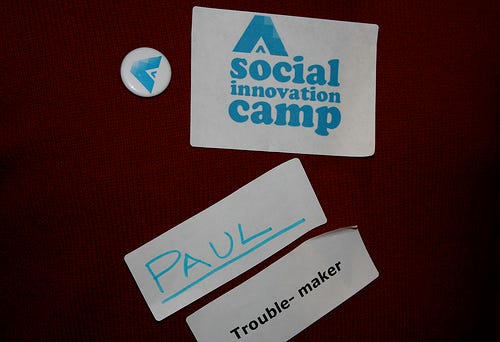I loved that the FT published a version of Cory Doctorow’s Marshall McLuhan Lecture in the FT Magazine. On the surface it seems so ‘unFT’ – both in style and approach – but it’s reflective of a lot of conversations I have with people in the tech and finance worlds.
They’re often called ‘Big Tech’ but the biggest tech firms aren’t just big, they’re ginormous – both in terms of their financial power and influence over our lives and politics. They’re Big with a capital B. And I don’t think it will last forever.
The backlash among activists and people in the industry has been going on for a while but as Cory points out, now the experience of users and customers (often advertisers) is getting worse and worse. At some point, people and Governments will break.
It strikes me that the moves by some of those large companies to do share buybacks and even (whisper it) pay dividends smacks of desperation. It’s a defensive play to prop up share prices for a bit longer and an admission that they’re not the best allocators of capital for innovation.
I think that leaves lots of space for new startups to create value in a more sustainable way. And if those startups learn what the current generation of giants forgot (that you need to be able to demonstrate that you have a positive impact on the world), then the future of tech is rosy. Those companies that success will still be big but not Big.





